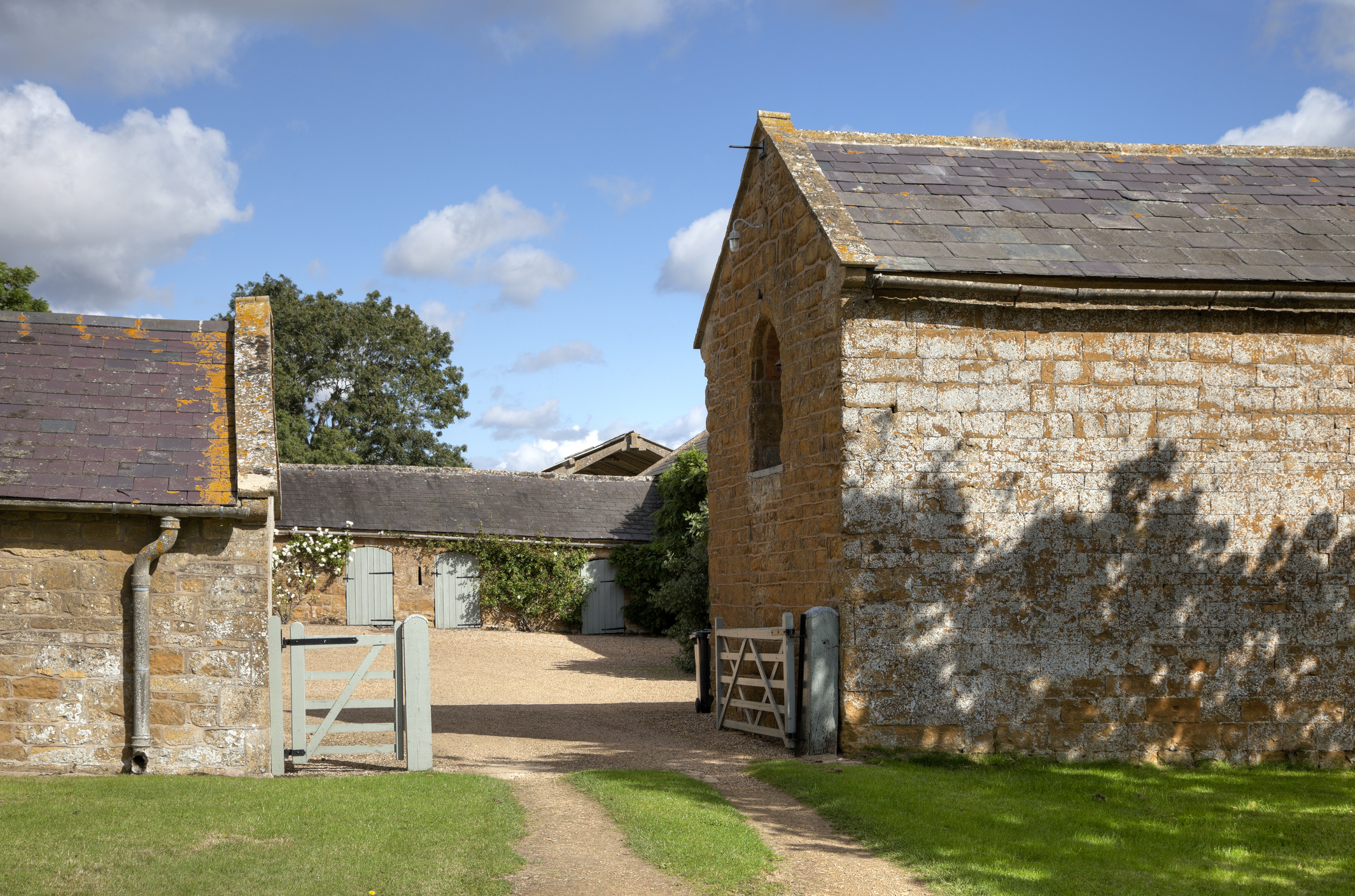How changes to the Furnished Holiday Lettings scheme could impact the Agritourism sector
Farmers have diversified over the years with many tapping into new revenue streams such as agritourism, providing holiday accommodation under the Furnished Holiday Lettings (FHLs) regime.
The qualifying FHL criteria is outlined here.
As announced by the Chancellor in the Spring Budget 2024, he proposed to abolish the FHL regime from 6 April 2025, stating his reasoning as: “there are not enough properties available for long term rental by local people” and “to make the tax system work better for local communities”. This blanket approach impacts on the agritourism industry which often includes purpose-built FHL properties, such as holiday lodges and glamping pods.
The current FHL regime provides generous relief from income tax and capital gains tax (CGT) and, at the time of writing, we await more detail of the proposed changes and details on any transitional arrangements which may be introduced to address some of the issues noted below.
Income Tax
FHLs benefit from full tax relief for finance costs (e.g. mortgage interest). In contrast, for non-FHL properties, relief for finance costs is limited to a 20% tax reducer with a carry forward provision for unused relief. The alignment with non-FHL properties will likely result in an increased tax cost for Scottish taxpayers with profits above the basic rate (20%) band and UK wide higher/additional rate taxpayers.
Profits and losses from FHL properties are ring fenced with FHL losses only being available for offset against other FHL properties. Under current rules, on cessation, any unused losses from the FHL business are lost. A helpful transitional arrangement could provide for these losses to be available for offset against income from the same property for example. We await draft legislation for details of any transitional arrangements.
Capital allowances provide full relief for the initial purchase cost of items, such as furniture and furnishings, for FHLs. Non-FHLs receive no relief for the initial cost and, instead, can claim replacement costs via replacement of domestic items provisions.
On cessation of the FHL business, current rules require a value is brought in for the assets on which capital allowances have been claimed. Where full relief has been claimed, this will give rise to a “balancing charge” thereby increasing the taxable income in the final period.
FHL profits are treated as net relevant earnings for pension contributions purposes. From 6 April 2025 onwards, it is assumed the FHL profits will be aligned with those for non-FHL properties meaning they will no longer be relevant earnings.

Capital Gains Tax (CGT) Reliefs
CGT reliefs available for FHLs and the qualifying criteria can be complex and tax advice should be undertaken before a claim is made.
Business Asset Disposal Relief (BADR) provides a CGT rate of 10% (subject to BADR lifetime limit of £1million). The current top rate of CGT for residential properties is 28% (reducing to 24% for disposals on or after 6 April 2024), making BADR a valuable relief on the disposal of FHL properties.
Business Asset Holdover Relief is a valuable relief for passing on FHLs to the next generation by way of gift. Restrictions can apply on a gift to an individual where there is any form of consideration paid or where there is any period of non-trading use during the whole ownership period.
FHL properties are qualifying assets for Business Asset Rollover Relief, which provides a deferral of a qualifying gain into the purchase of another qualifying business asset, with restrictions applying for partial reinvestment or partial business use of the asset.
As the “rollover” period extends to 12 months before and 36 months after the disposal, it is possible to claim for provisional relief where there is an intent to reinvest. Where a valid claim is then not made or the provisional relief is withdrawn, interest (currently 7.75%: HMRC interest rates) is applied from the CGT disposal due date and could be costly if the reinvestment is not possible. Again, this an area where transitional provisions may allow for reinvestment notwithstanding the withdrawal of FHL status, and we await details here.
Draft legislation, to be effective from 6 March 2024, will include anti-forestalling measures preventing access to CGT reliefs through the use of “unconditional contracts”. At the time of writing, draft legislation is not yet available, and it is unclear to what extent the CGT reliefs mentioned above will continue to be available prior to 6 April 2025.
If you would like to discuss any of the issues raised above and how they will affect you, please get in touch with our team of Rural experts.

